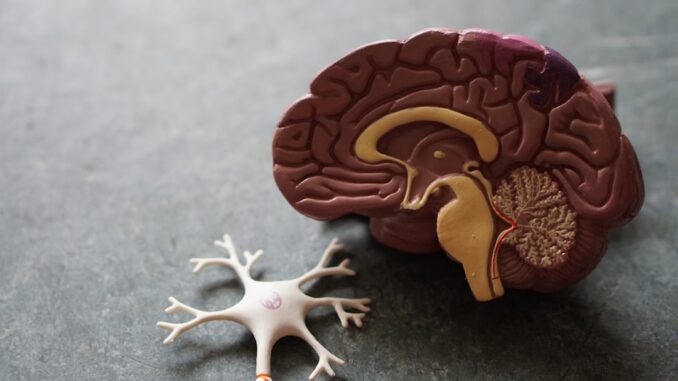
Summary
Dementia, often undiagnosed, impacts millions. Early detection, though crucial, remains underutilized. This article explores the importance of early diagnosis and the advancements in geriatric care that make it possible.
** Main Story**
Dementia: It’s a Cloud on the Horizon, and We Need to Prepare
Dementia. It’s more than just forgetting where you put your keys. It’s a broad term for a range of cognitive issues, from memory loss to confusion, and it can seriously mess with daily life. And frankly, it’s a growing problem globally, impacting not just individuals but their families and our healthcare systems too. Alzheimer’s, being the most common type, accounts for a whopping 60-70% of cases. As the global population continues to age, that number is only going to increase; which makes early detection and intervention super important.
The Silent Thief: Why Catching it Early Matters
You know, dementia is sneaky, especially in the early stages. It’s easy to dismiss those little memory lapses or changes in behaviour as just ‘getting older’. But that delay in diagnosis? It can have serious consequences. If we can catch it earlier, we can start interventions sooner to manage symptoms, slow down the progression, and improve the quality of life for those affected. Plus, an early diagnosis gives individuals and their families time to plan for the future, access support, and make informed decisions about care. It really does make a difference. I remember a friend’s grandfather who was diagnosed early; it allowed the family to put plans in place, that meant he was able to live more comfortably and maintain some independence for longer than they thought possible.
Breaking the Silence: Hope on the Horizon
Luckily, advancements in geriatric care are giving us reasons to be optimistic about early dementia detection.
Diagnostic Tools and Biomarkers:
We’re seeing some really cool stuff emerge in diagnostic tools and biomarkers. Think advanced neuroimaging techniques like PET scans and MRIs that can pick up subtle changes in the brain associated with dementia. Furthermore, researchers are looking at blood-based biomarkers, which could offer a simple, non-invasive way to screen for the disease. That’s a game-changer, really.
Cognitive Assessments and Screening Programs:
Cognitive assessments are also playing a crucial role. These assessments, which usually involve a series of tests measuring memory, attention, language, and problem-solving skills, help healthcare providers identify individuals who may benefit from further evaluation and diagnostic testing. Public health initiatives are also promoting screening programs to boost awareness and encourage early detection within communities. It’s about making it easier for people to get checked. And thats a good thing.
The Future Looks Brighter:
Ongoing research and the development of new tools and treatments are offering hope for a better future for people affected by dementia. As we understand more about the disease, we can detect it earlier and come up with more effective interventions. So the increasing focus on early detection, combined with these advances in geriatric care, gives us the opportunity to improve the lives of millions of people worldwide who are living with dementia.
Taking Action:
Look, there’s no cure for dementia right now, but early diagnosis is vital for managing the disease and improving patient outcomes. And I think by raising awareness, encouraging early detection, and investing in research, we can create a future where people with dementia get the support and care they need to live fulfilling lives. Ultimately, it’s on all of us to be proactive and informed.


“Silent thief” is right! Sounds like dementia’s auditioning for Ocean’s 11, but instead of jewels, it’s snatching memories. Glad to hear about the advancements, though. Maybe one day we’ll catch it red-handed (or, you know, brain-handed?) before it makes off with the good stuff.
That’s a great analogy! ‘Ocean’s 11’ but with memories – it highlights the stealthy nature of dementia so well. The advancements in early detection are definitely aimed at catching it ‘brain-handed’ as you put it. Hopefully, we’ll have even better tools soon!
Editor: MedTechNews.Uk
Thank you to our Sponsor Esdebe
The potential of blood-based biomarkers is truly exciting. Imagine the impact of accessible, routine screenings on early diagnosis and proactive care for at-risk individuals.
Absolutely! The accessibility blood-based biomarkers could provide is a game-changer. Routine screenings could shift us towards preventative care, identifying at-risk individuals much earlier. This proactive approach could significantly improve long-term outcomes. What are your thoughts on the ethical implications of widespread genetic testing for dementia risk?
Editor: MedTechNews.Uk
Thank you to our Sponsor Esdebe
The discussion around cognitive assessments is vital. How can we ensure these assessments are culturally sensitive and accessible to diverse populations, maximizing their effectiveness in early detection?